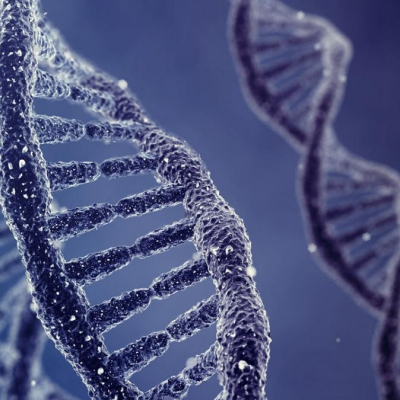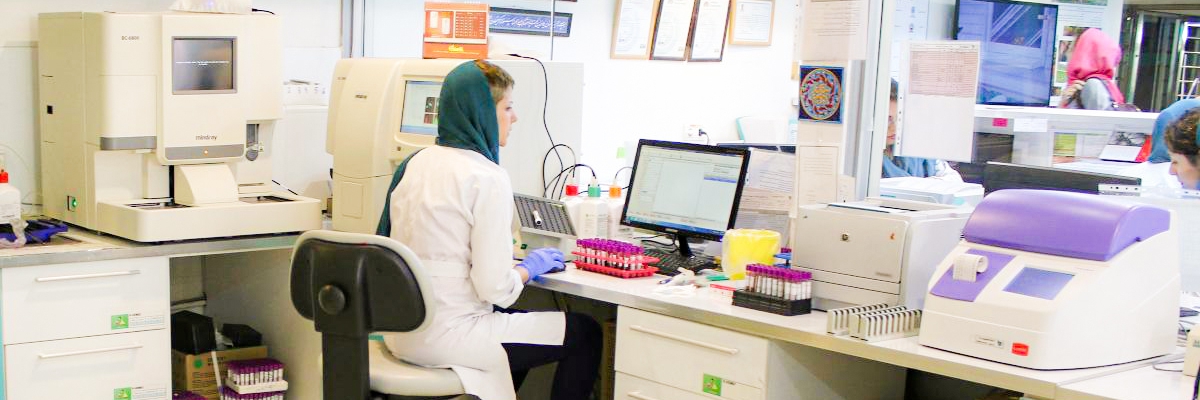Cytogenetics is an exciting, dynamic field of study which analyzes the number and structure of human and animal chromosomes. Changes that affect the number and/or structure of the chromosomes can cause problems with growth, development, and how the body functions.
Chromosomal abnormalities can happen when egg and sperm cells are being made, during early fetal development, or after birth in any cell in the body. Changes to chromosome structure can disrupt genes, causing the proteins made from disrupted genes to be missing or faulty. Depending on size, location, and timing, structural changes in chromosomes can lead to birth defects, syndromes or even cancer. Alternatively, some chromosomal changes may have no effect on a person’s health.

Cytogenetic analyses
Cytogenetic analyses are commonly performed during pregnancy to determine if a fetus is at risk for common aneuploidies (syndromes caused by having extra or missing chromosomes), syndromes caused by structural abnormalities (like unbalanced translocations or inversions), or to determine if extra or missing genetic material is present through cytogenetic microarray testing. The same cytogenetic analyses can be performed on a newborn or child with multiple anomalies or developmental delays to look for a potential chromosomal abnormality. With the information provided by cytogenetic analyses, more accurate diagnoses can be made, allowing for proper treatment of the child.
Information gained through cytogenetic testing is also valuable during reproductive discussions. Today, the diagnosis and treatment of several leukemias and lymphomas, as well as some solid tumors, depends heavily on cytogenetic analysis of specific chromosomal aberrations which are consistently observed in these particular cancers.
Information gained through cytogenetic testing is also valuable during reproductive discussions. Today, the diagnosis and treatment of several leukemias and lymphomas, as well as some solid tumors, depends heavily on cytogenetic analysis of specific chromosomal aberrations which are consistently observed in these particular cancers.

In genetic research, chromosome analysis of embryonic stem cells and induced pluripotent stem (iPS) cells is necessary to ensure the genetic integrity of these cell lines which show such promise in the treatment and development of cures for a multitude of human diseases.
The analysis of chromosomes in human development and disease is accomplished through classical cytogenetic procedures (such as G-banding) combined with advanced molecular techniques such as FISH and genomic microarray analysis.